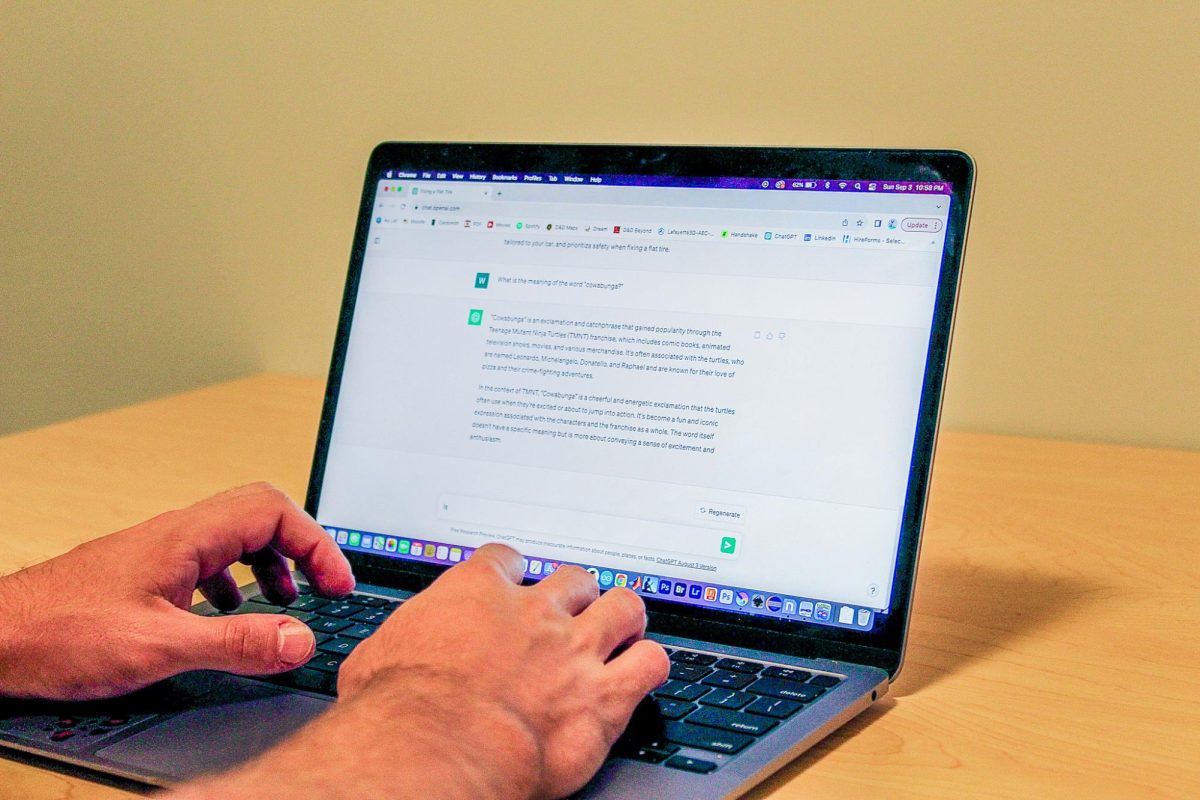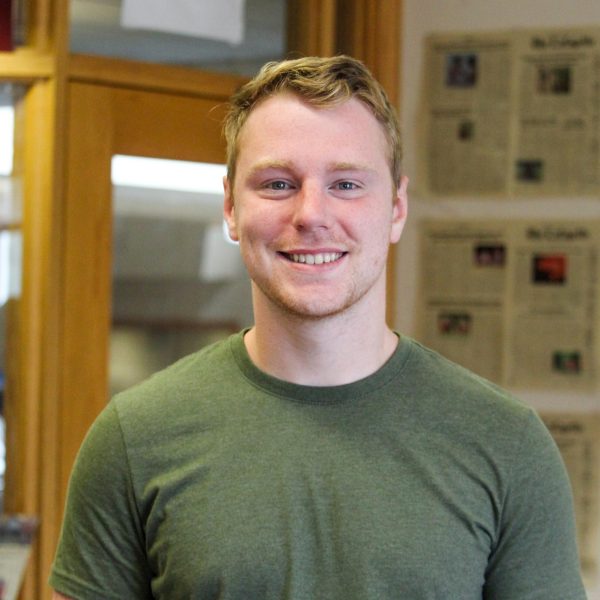A working group of faculty members and administrators was assembled by Provost John Meier this summer in order to gain a better understanding of artificial intelligence (AI). As AI, such as the program ChatGPT, increases in popularity worldwide, Meier and his associates studied how it should be handled in the classroom.
Chaired by Associate Dean of Teaching & Learning Tracie Addy, the working group met on a number of occasions over the summer to discuss the issue.
“The objectives of the summer working group were to educate ourselves on generative AI tools [and] their impacts on higher education and to give guidance to help prepare our campus for the fall semester,” Addy said.
Additionally, the working group attended a conference hosted by the Lehigh Valley Association of Independent Colleges (LVAIC), in which academic administrators from various institutions discussed the constantly evolving landscape of AIs. The group carried this information back to several discussions about various responses to AI at Lafayette. Responses considered for the campus community include an introduction to generative AI, creating AI-resistant assignments and a discussion of equity and access within the AI space.
Addy noted the importance of thinking about equity as some programs intended to catch ChatGPT cheaters could lead to the “potential inappropriate targeting of people who are not native English writers.”
While the working group’s activities over the summer were mostly confined to these specific events, the conversation will continue for the foreseeable future.
Meier said that he was satisfied with the group’s progress in their discussions, and the next step will be creating a true response plan to combat controversial AI use.
“We do not currently have a faculty-voted and endorsed blanket rule,” Meier said. “Many professors touch on the issue in their course syllabi and that students should follow these guidelines until a school-wide policy becomes more clear.”
In the meantime, the working group did publish an information guide to Generative AI for faculty and staff. The guide touches on generative AI literacy, course policies regarding AI and privacy protection when using AI. Addy noted that this information is not set in stone and that guidance may have to change depending on the track AI takes.
Ultimately, Meier has confidence in Lafayette students in that they won’t violate college policy by using AI.
“One expects that Lafayette students wouldn’t do such a thing,” Meier said.
“I’ve used [ChatGPT] in a Bio lab, but it wasn’t super accurate in the time I asked it questions,” an anonymous junior reported.
Additional members of the working group included Tim Laquintano, associate professor of English, Jason Alley, director of learning and Elaine Reynolds, professor of biology. Multiple other faculty members have also joined the committee, and the size of the committee may increase in the future.
Addy noted the importance of group members having “varied expertise and perspectives on teaching and learning, large language models and technology for teaching.” While the committee consisted mainly of professors and administrators, other members of the community were invited to attend in order to gain a better understanding of AI technologies.
“It really encouraged community members to consider how such tools can support or hinder learning,” Addy said.
Andreas Pelekis ’26 contributed reporting.


























































































































